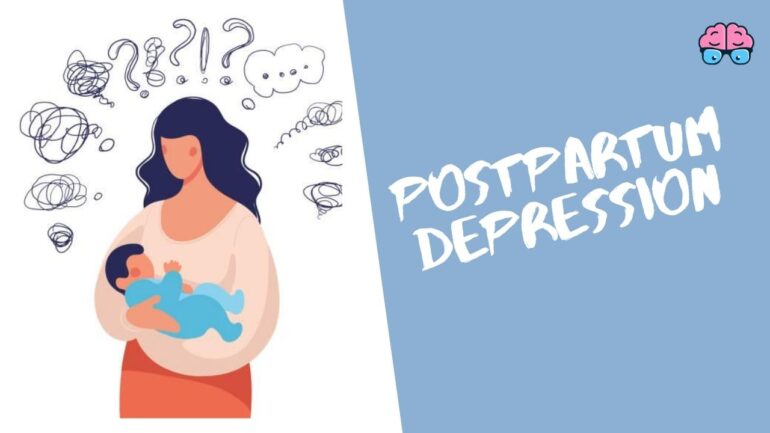Though postpartum depression is discussed, reported, assessed, and treated, the stigma and confusion surrounding difficult feelings as a new parent needs to be addressed.
Coming to terms with the feelings of anger, grief, or misery accompanying postpartum depression while attempting to navigate a new identity, a relationship with your newborn, and a shifting experience with your partner can feel earth-shattering.
Postpartum depression has been named one of the most common complications of childbirth. However, it remains a stigmatized topic.
Postpartum depression is a public health crisis.
In the United States, 10-20% of new parents, or approximately 1 million people each year, report experiencing perinatal mood and anxiety disorders.
Postpartum depression is often referred to as “the thief that steals parenthood.”
Postpartum depression signs and symptoms may include:
- Depressed mood or severe mood swings
- Excessive crying
- Difficulty bonding with baby
- Withdrawing from family and friends
- Overwhelming fatigue or loss of energy
- Feelings of hopelessness
- Loss of appetite or eating more than usual
- Loss of interest in activities you used to enjoy
- Diminished ability to concentrate
- Inability to sleep
- Intense anger
- Thoughts of harming yourself or your baby
Postpartum depression risk factors include:
- Prenatal depression: Depression during pregnancy may be the strongest indicator of potential postpartum depression.
- History of previous depression
- Traumatic pregnancy or birth – including fertility struggles, miscarriage, infant loss, etc.
- Inadequate social support systems
- Low self-esteem
Postpartum depression is completely treatable. Suicide is the second leading cause of postpartum death. Receiving treatment is vitally important.
Treatment of PPD is important for both the health of the baby and the mother. Treatment for PPD often includes therapy, medications, or a combination of both.
If you or anyone you know is struggling with postpartum depression, we encourage you to call the Postpartum Support International’s helpline at (800) 944- 4773.



